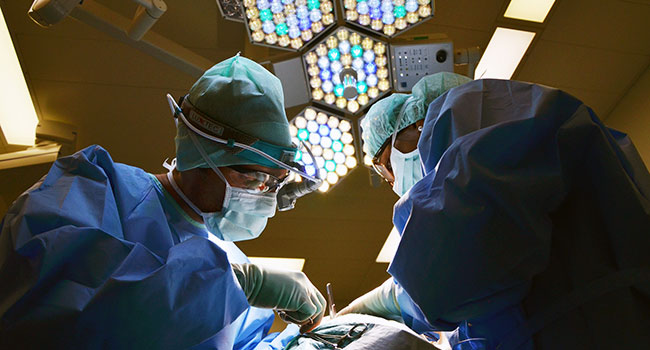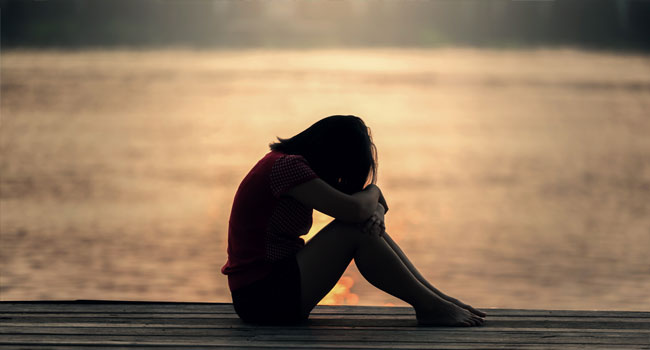
How to Recover From Surgery Without Getting Addicted to Painkillers
May 5, 2019
5 Ways to Boost Your Pain Management
May 5, 2019Pain changes us. The minute we start to hurt, we make adaptions to how we move, what we do, and where we go. When we keep re-organizing our lives around our pain, we can become separated from our typical daily routine. The more we start to pull back, the less likely we are to go to work, exercise, walk, or even leave the house. Once this happens, we feel ourselves disconnect emotionally from friends, loved ones, and co-workers. Very quickly, we can start to lose much of what we value and enjoy about our lives.
Unfortunately, this kind of loss can be the biggest casualty of having chronic pain. Let’s take a look at some of the life-changing types of losses that I see patients face on a regular basis and where to look for help.
- Family – As I often say, when one person at home is in pain, everyone who is living there hurts. A pain problem affects each person in the household in some way. The pain experience can disrupt how we interact with those closest to us. It may cause us to have mood swings or may prompt us to pull away from others, making it more difficult for everyone at home to communicate and support each other. Sadly, this can sometimes fracture relationships or even break up marriages.
- Intimacy – If you find yourself avoiding intercourse because of pain, then you aren’t alone. For example, this can be a common problem for patients with low back pain or fibromyalgia. But in my experience, patients are often reluctant to bring this up with their doctor, and so, aren’t able to get the help they need. Besides the physical difficulties that can arise, the emotional consequences of being in pain can also make intimacy a big challenge. Feeling stressed or depressed over your health can stand in the way of bonding deeper with a significant other.
- Income – Tragically, I have seen patients lose their careers, their life’s savings, and even their homes because of chronic pain. I have even seen some patients become homeless or start to live out of their cars, all because they could no longer stay employed because of the amount of pain they were in. Limitations with lifting, bending and carrying, as well as difficulties with tasks like keyboarding or even just sitting at a desk, can mean the loss of a long-standing career or can stand in the way of getting get back into the workforce. And beyond the financial consequences, there can be a deep-seated loss of self-esteem and self-identity from losing a career or no longer being a breadwinner.
- Fun – Let’s face it, we all need to laugh, play, and have some fun in life. But sometimes the pain we feel stands in the way of doing some of the things we enjoy the most. That can include everything from the sports we like to play, keeping up with a favorite hobby, to dancing or just getting out of the house to visit friends or see a movie. Being in pain is no fun, but staying in pain can make having fun a big challenge, too.
An important step to overcoming loss is finding the right help. Ask your physician to help you find valuable resources like counselors, therapists, or pain psychologists who can help you process what you have been through while also helping you learn constructive tools that you can use to move forward. Community centers and public health organizations may also offer options, and there are now a lot of virtual online counseling and coaching resources available if you are having trouble finding the right resources close to home. Talk to a physical therapist or movement expert for guidance in becoming more active and engaged with recreational activities, work functions, and even explore what can be done to re-ignite your love-life.
The wounds from the loss we experience can run deep, but finding the healers out there can be a crucial step toward recovery.


